
In her opening speech, Ms. Ho Thi Quyen - Deputy Director of ITPC said that the challenges of the current export process to international markets are not small, such as increasingly high requirements on rules of origin, quality standards, social responsibility, sustainable development along with fierce competitive pressure from foreign enterprises right in the domestic market.
This reality requires domestic enterprises to innovate business strategies, improve management capacity, and proactively integrate to effectively take advantage of incentives from Free Trade Agreements (FTAs).
According to Ms. Bui Hoang Yen - Representative of the Southern Trade Promotion Agency ( Ministry of Industry and Trade ), by participating in FTAs and accessing large markets such as CPTPP and EU, Vietnam has become an attractive investment destination.
Although the coverage of FTAs is large, the rate of taking advantage of tariff incentives by Vietnamese enterprises is only at an average level of about 30 - 40%. The reasons are barriers such as dependence on large markets such as the US and China; low localization rate leading to production requiring many imported raw materials; risk of supply chain disruption when import sources are interrupted; pressure to comply with increasingly strict international standards...

The Southern Trade Promotion Agency said that the Ministry of Industry and Trade has recorded a significant increase in warnings related to animal and plant quarantine (SPS). Five items are regularly inspected and continuously receive warnings due to violations of the maximum residue level (MRL), including: dragon fruit, durian, okra, chili and spices and herbs.
To overcome the challenges, delegates proposed many solutions, specifically: Proactively investing in improving environmental quality and working conditions to comply with international standards. At the same time, developing supporting industries and strengthening intra-bloc linkages are key factors to meet rules of origin.
At the same time, financial and credit support policies from the state will be an important lever for businesses, especially small and medium-sized enterprises, to have enough resources to comply with FTA requirements.

Ms. Dinh Thi Huong Giang - Consulting Director - Grant Thornton Vietnam Auditing and Consulting Company said that Vietnamese enterprises still face a number of challenges in preparing for supplier appraisal, such as lack of transparency and reporting standards, non-digitized accounting and data systems, lack of international standard financial performance indicators (KPIs), tax issues and weak financial risk management capabilities.
"If well prepared in terms of finance and accounting, businesses can not only open a market, but also build a solid foundation for future development," Ms. Giang affirmed.
Giving advice to Vietnamese businesses in taking advantage of FTAs, according to Ms. Tran Thi Ngoc Lan - representative of Chien Thang Garment Joint Stock Company, businesses should switch to using recyclable materials; apply technology to trace the origin, ensuring transparency of the supply chain. On the other hand, businesses should participate in international trade fairs to expand their business network; continuously evaluate and adjust strategies according to new market signals.
According to the Ministry of Industry and Trade, Vietnam has signed 18 FTAs, of which 17 agreements have come into effect, opening the door to access markets of more than 60 countries and territories accounting for nearly 90% of global GDP.
Source: https://hanoimoi.vn/kha-nang-tan-dung-uu-dai-tu-cac-fta-cua-doanh-nghiep-viet-con-thap-717265.html





![[Photo] Prime Minister Pham Minh Chinh receives Lao Minister of Labor and Welfare Phosay Sayasone](https://vphoto.vietnam.vn/thumb/1200x675/vietnam/resource/IMAGE/2025/11/11/1762872028311_dsc-2246-jpg.webp)


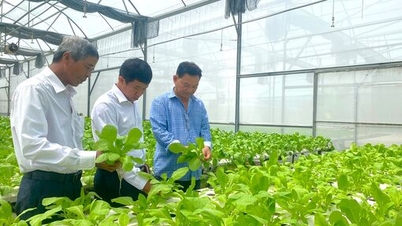



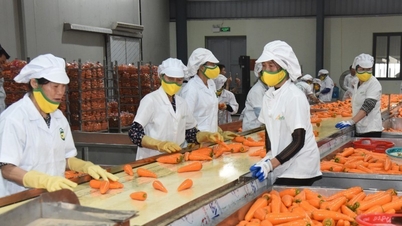

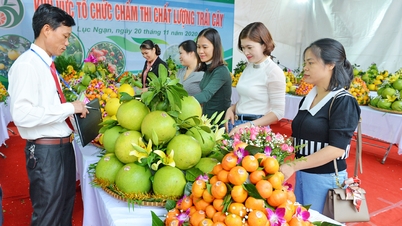









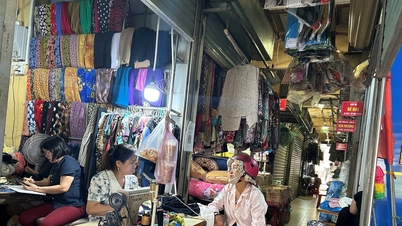



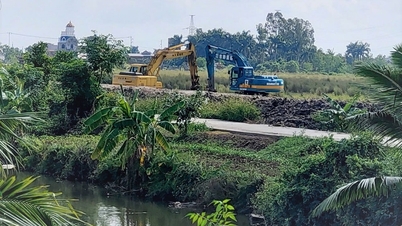

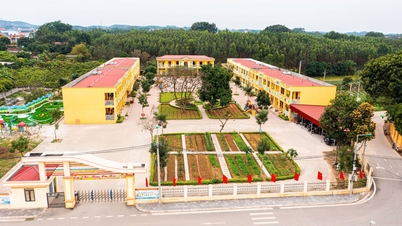




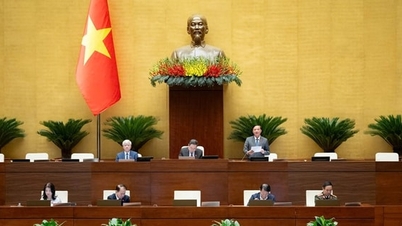




























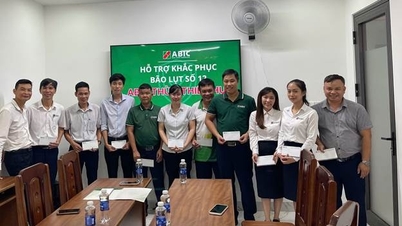
























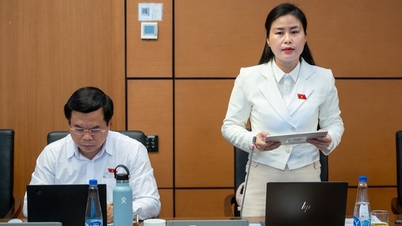
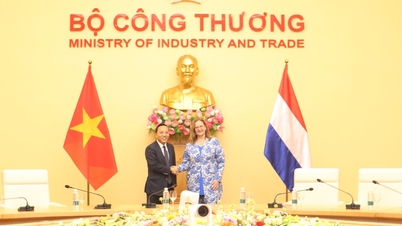





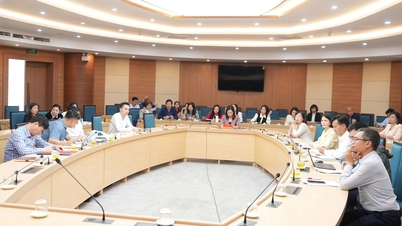







![Dong Nai OCOP transition: [Article 3] Linking tourism with OCOP product consumption](https://vphoto.vietnam.vn/thumb/402x226/vietnam/resource/IMAGE/2025/11/10/1762739199309_1324-2740-7_n-162543_981.jpeg)








Comment (0)